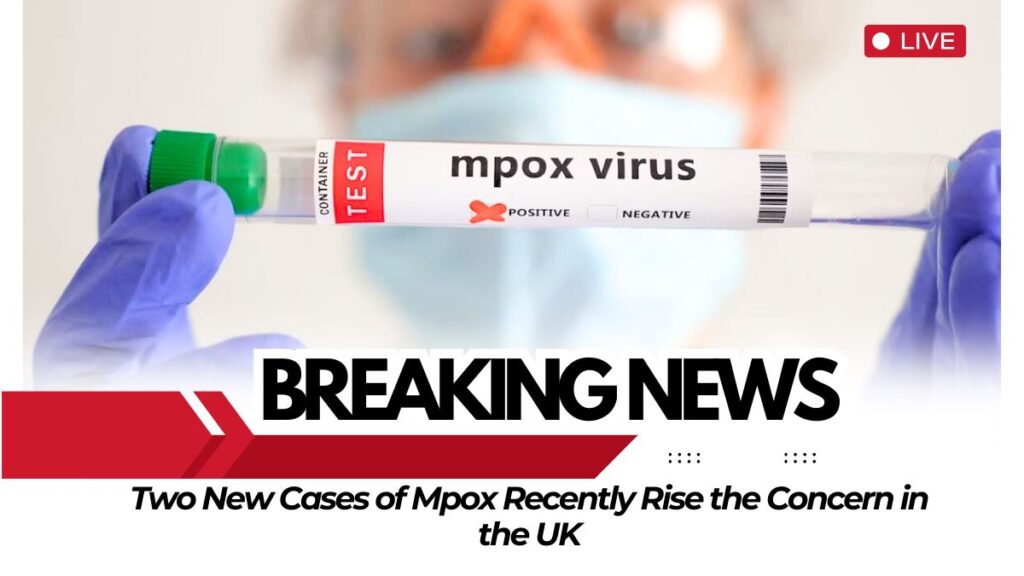Two more UK mpox cases have been found recently; three cases of Clade IB stain have now been detected in the UK.
Two more UK mpox raises the concern of spreading more easily after the first detection in household contacts.
The Health Security Agency (UKHSA) said the UK population “remains low” and two patients are under specialist care at Guy’s and Thomas’ NHS Foundation Trust in London.
The first case was detected last week in an individual travelling on an overnight flight on 21 October. He developed flu-like symptoms after 24 hours, followed by rashes in a few days, which became worse.
Contacts all three are advised to follow up by UKHSA and will offer testing, vaccination, and advice as needed.

Prof. Susan Hopkins, Chief Medical Adviser at UKHSA, said, “Mpox is very infectious in households with close contact, and so it is not unexpected to see further cases within the same household.
The overall risk to the UK population remains low. We are working with partners to make sure all contacts of the cases are identified and contacted to reduce the risk of further spread.”
Mpox only spreads through direct contact with rashes, skin lesions or scabs caused by a virus. It also includes sexual contact, kissing, cuddling, or other skin-to-skin contact.
The symptoms of Mpox include a rash with blisters or sores, fever, headache, and muscle pain.
The virus can also spread through body fluids such as saliva or snot, contact with bleeding, or a towel or clothing; it can even spread through close and prolonged face-to-face contact such as coughing, sneezing, or breathing and talking.
The Clade Ib mpox has been spread widely in the Democratic Republic of Congo in recent months. It has also been found in Uganda, Kenya, Burundi, Rwanda, India, Sweden, and Garmany.
Many health authorities are collaborating with many health organizations to mitigate the further transmission of risks.
A report from the World Health Organization (WHO) and the Africa Centres for Disease Control and Prevention said there had been more than 40,000 mpox cases and 1000 deaths linked to Mpox in Africa as of the end of September with Clades Ia, Ib and II circulating in the region.
Last week, The health secretary, Wes Streeting, said ” The government was working with UKHSA and the NHS to protect the public and prevent transmission.
This includes securing vaccines and equipping healthcare professionals with the guidance and tools they need to respond to cases safely.
We are also working with our international partners to support affected countries to prevent further outbreaks.







